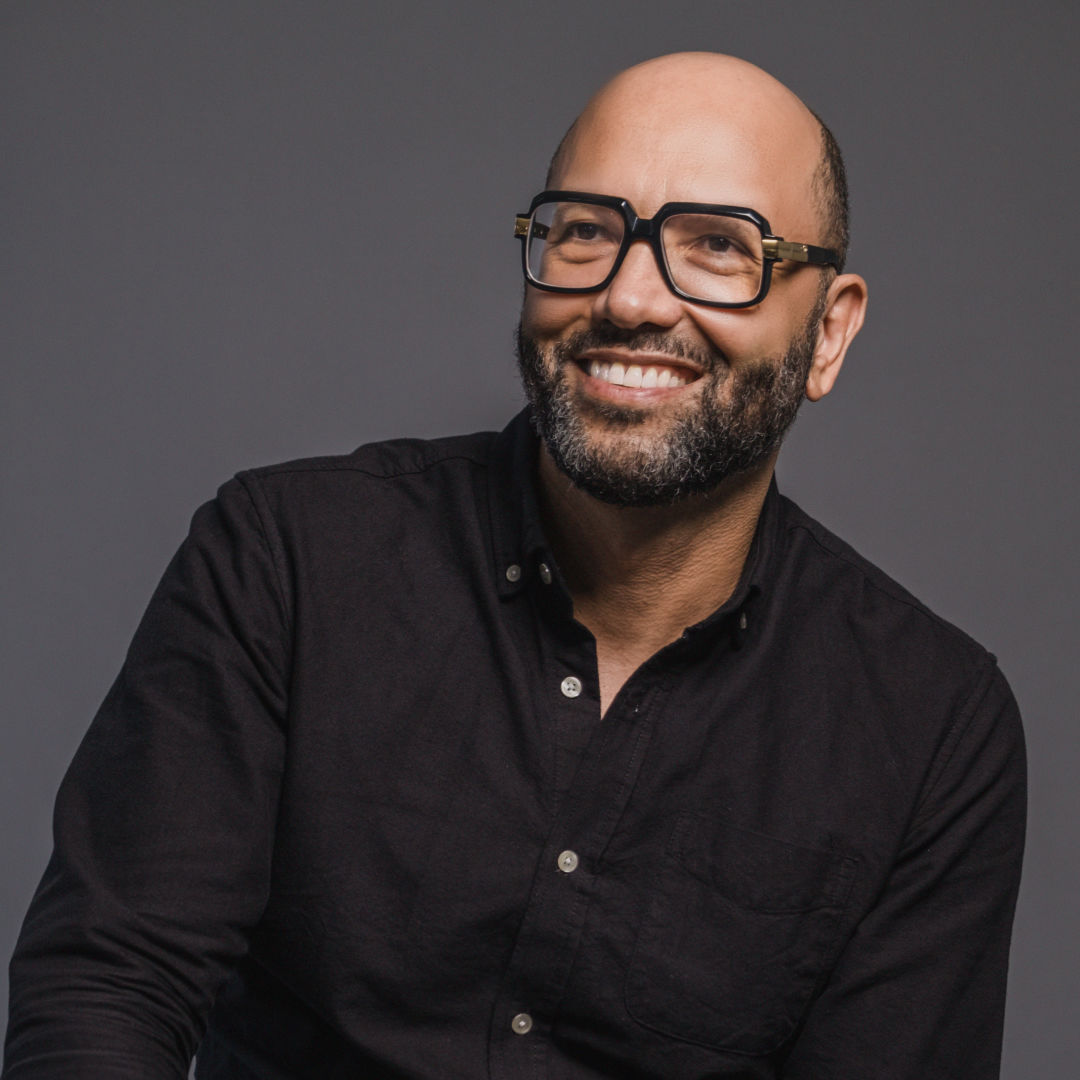June Pick: A Memoir by Sonic Boom Cofounder Nabil Ayers

Nabil Ayers's new memoir covers his Sonic Boom days and his upbringing in New York and Salt Lake City.
Image: Courtesy Gabriela Bhaskar
It started, as many entrepreneurial triumphs seem to, with some offhand calculations scribbled on a bar napkin. Nabil Ayers and his friend Jason Hughes wanted to open a record store. It was 1997, and the two Easy Street Records employees never suspected that their serviette scrawls would eventually blossom into a pillar of the city’s indie music ecosystem.
Ayers details the creation, success, and legacy of said community pillar, Sonic Boom Records, in his recently released memoir, My Life in the Sunshine: Searching for My Father and Discovering My Family. The book covers everything from Ayers’s childhood in New York City and Salt Lake City, and his developing awareness of his mixed-race identity in these two wildly different places, to his early love of music, as fierce as it was instinctual.
Upon moving to Tacoma to attend the University of Puget Sound, Ayers writes, the Seattle sound—“sludgy, dark, heavy”—suddenly made complete sense, as did this relatively small city’s outsize contributions to the arts. His friends who had gone to school in California “told stories of heroic outdoor parties with fake palm trees, trucked-in sand, and live reggae bands.” Meanwhile, Ayers was huddled inside, seeking refuge from the constant drizzle, playing music.
Ayers and Hughes opened Sonic Boom a few years after graduating from college. The record store, at its first location in Fremont, quickly became a cultural fixture of late-'90s Seattle, frequented by the likes of The Real World cast and Dave Matthews. It also served as a proving ground for new music from all over the country, as labels in Los Angeles and New York sought to test out releases in a smaller, but still active, market; if it sold at Sonic Boom (and people were listening to it on KEXP), odds were that it “would really take off” nationally.
Ayers’s connection to the music industry, though, didn’t begin with Sonic Boom. His father, Roy Ayers, was a jazz composer and vibraphonist. My Life in the Sunshine largely hinges on Ayers’s relationship—or lack thereof—with his famous father.
When people hear particulars of Ayers’s upbringing, he says, assumptions are quick to follow. The complex, many-layered fact of his absent Black father is reduced to an Absent Black Father—a trope, a story that people presume to know before he’s even told it. The truth of the matter is that Ayers’s mother, with his father’s agreement, made a premeditated choice to become a single parent. Ayers views his childhood as bright, beautiful, and characterized by abundance.
“The ‘sunshine’ is the fact that on paper, it might have sounded terrible, but it was really, really great,” says Ayers of the title of his memoir, and the childhood it details in its first half. In many ways, the opportunity to recount his journey to success in the music industry—both in spite of and because of his father—feels like a reclamation of his story.
After you read: Make sure to pay a visit to Sonic Boom's now-iconic location in the heart of Ballard. Maybe you'll spot a member of Pearl Jam lurking among the crates. (Probably not, though. Do they even play shows in Seattle anymore?)




